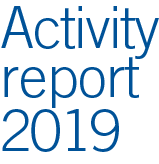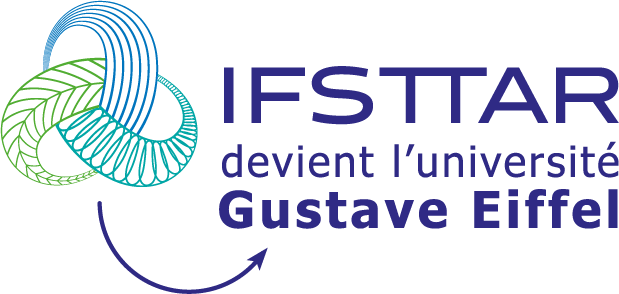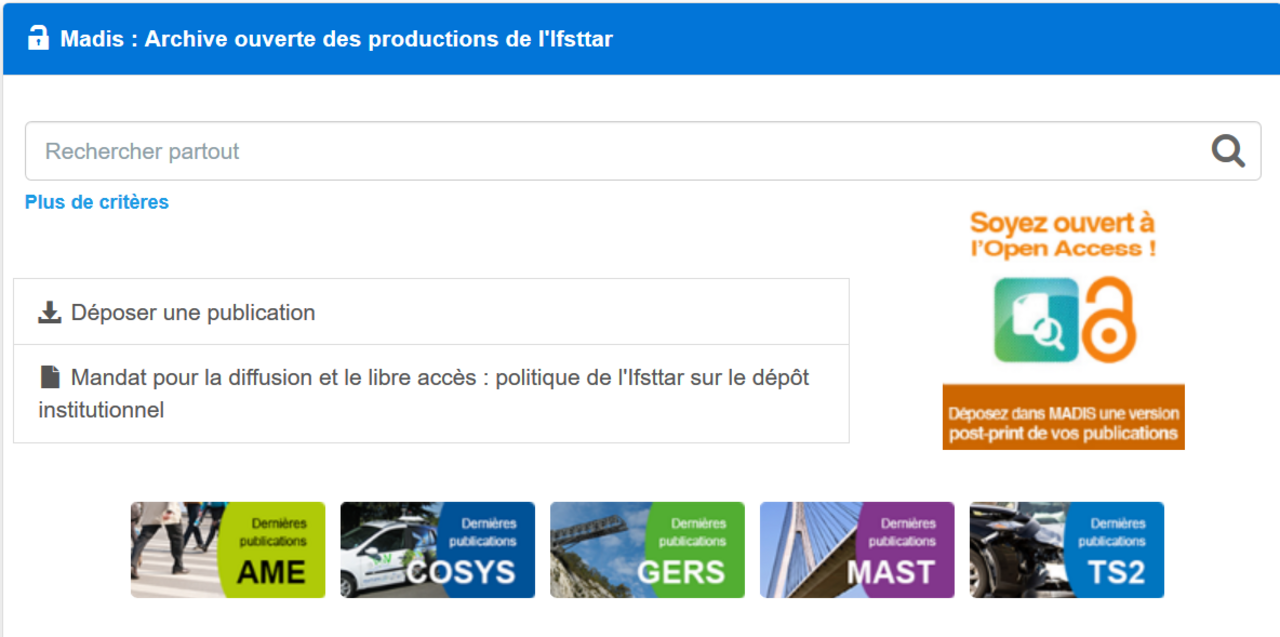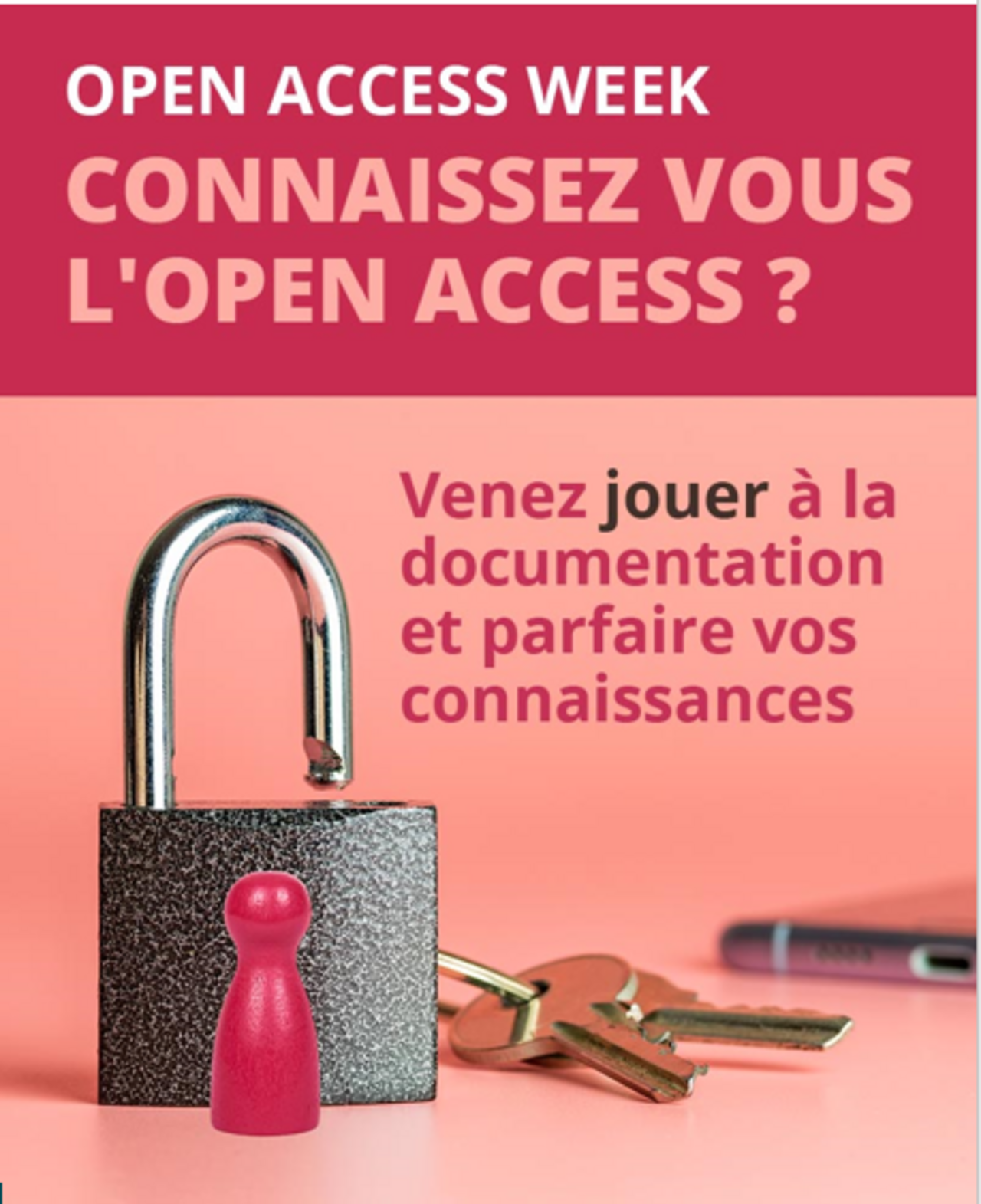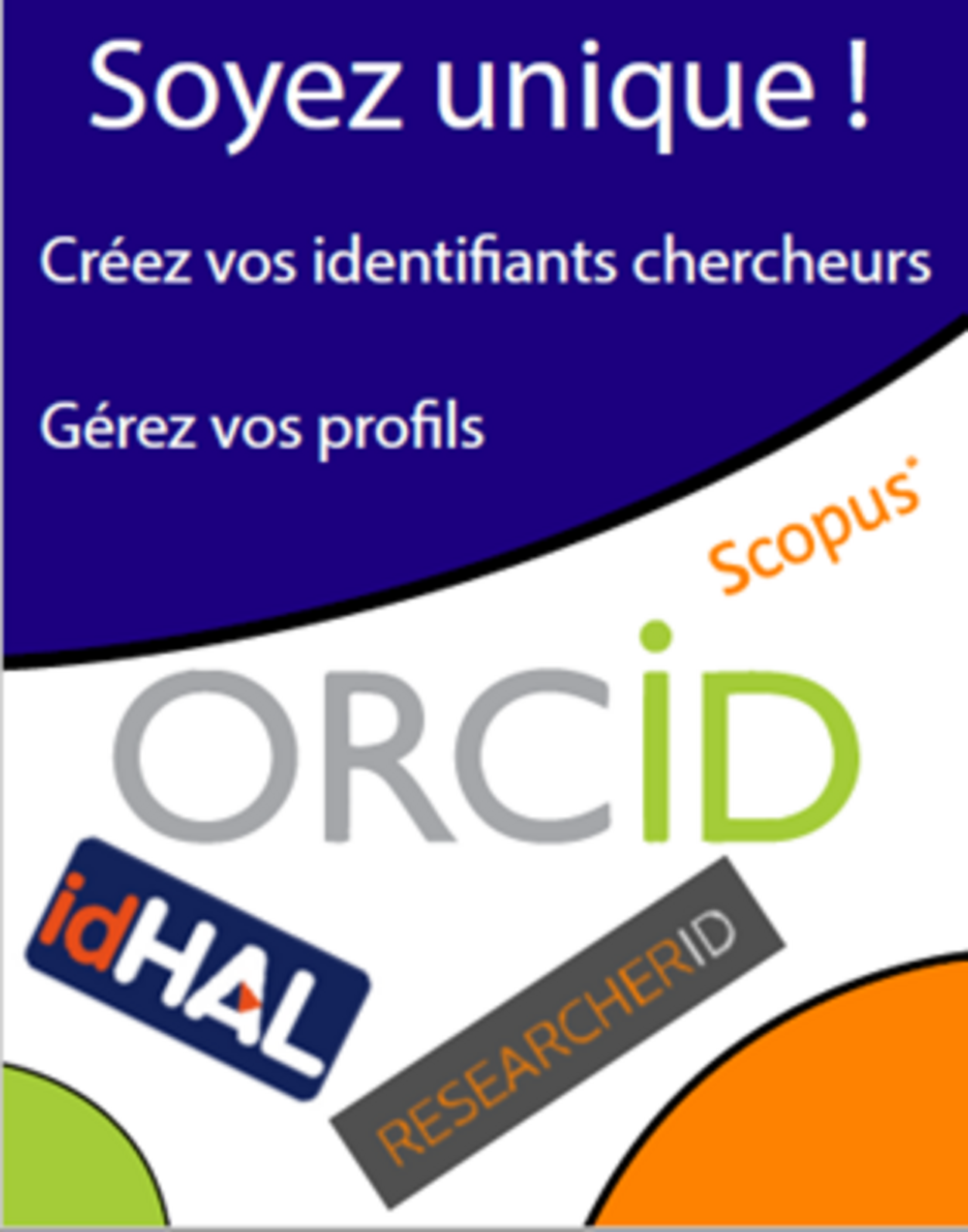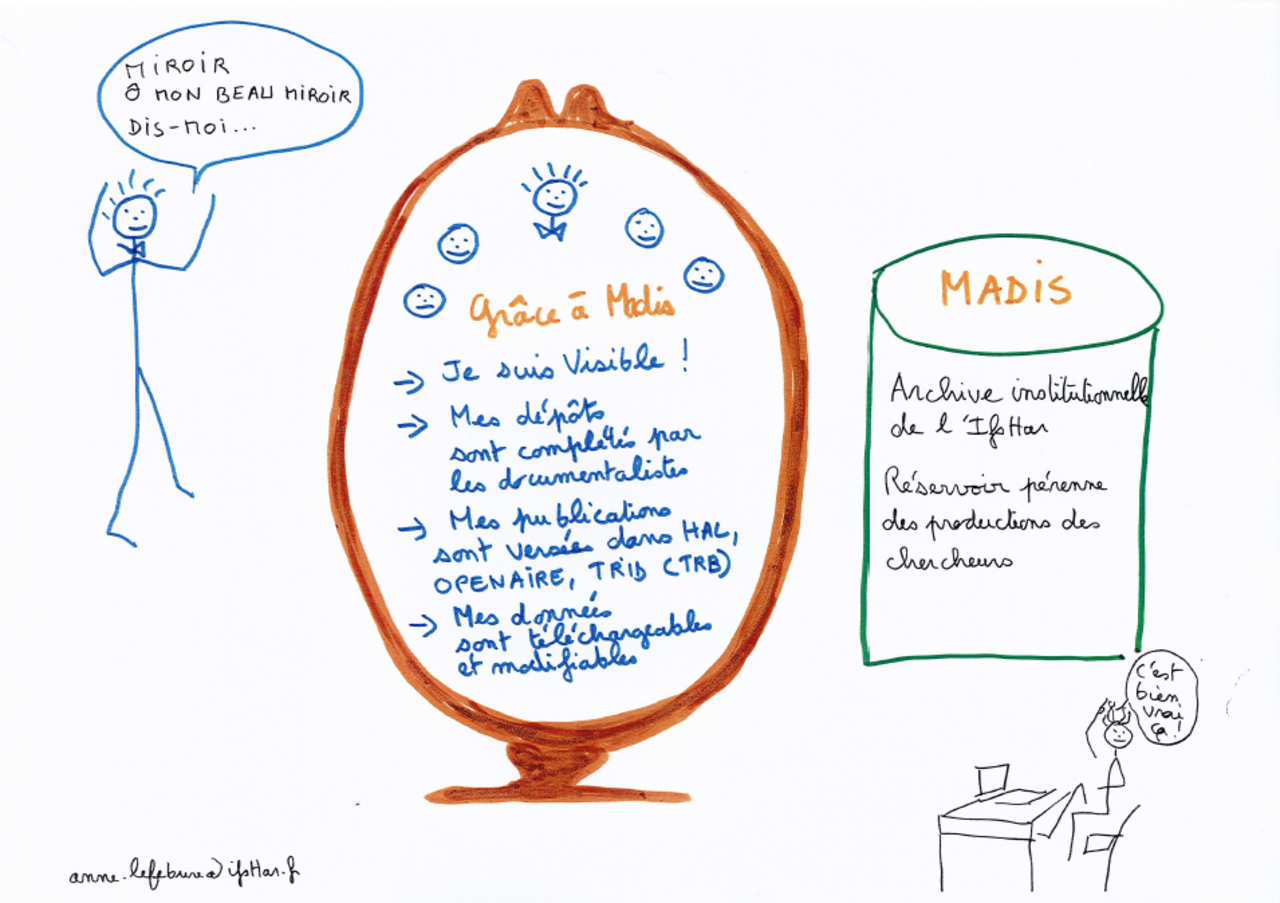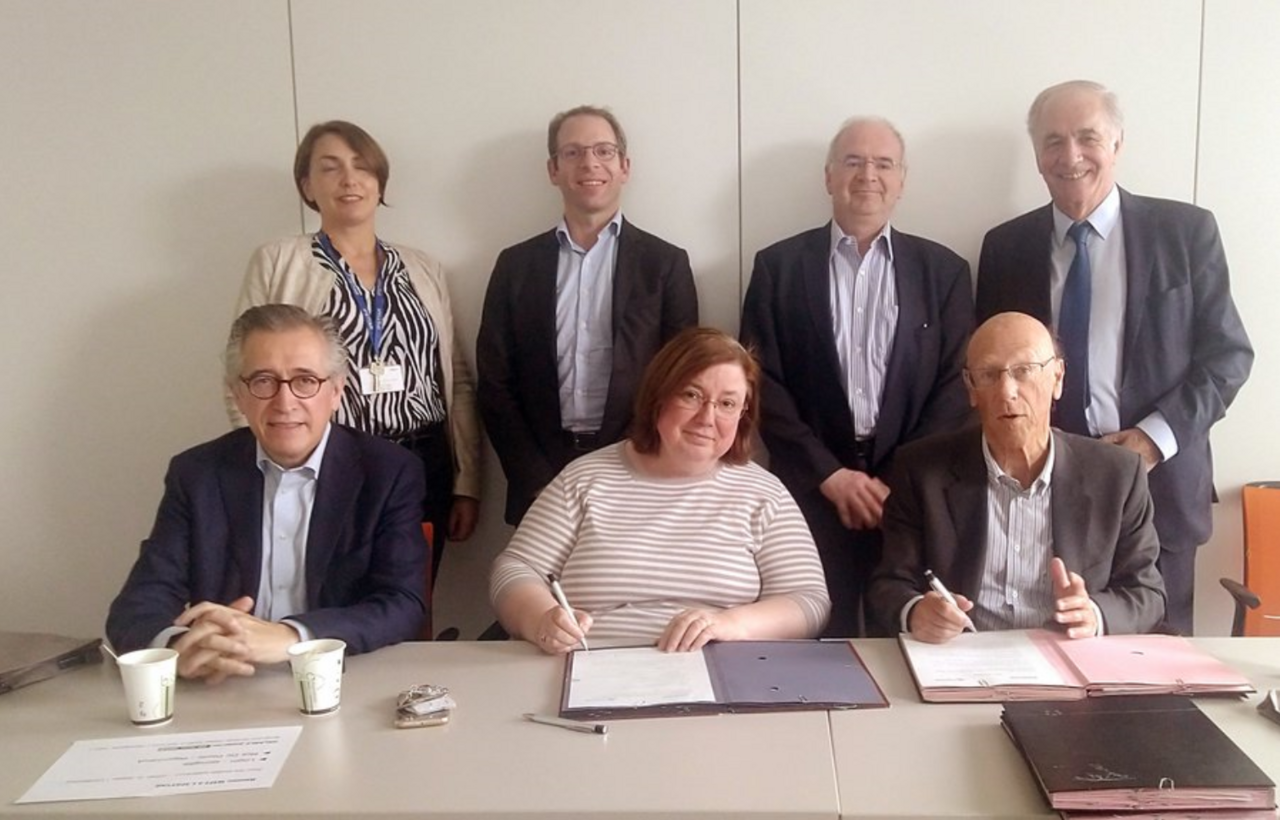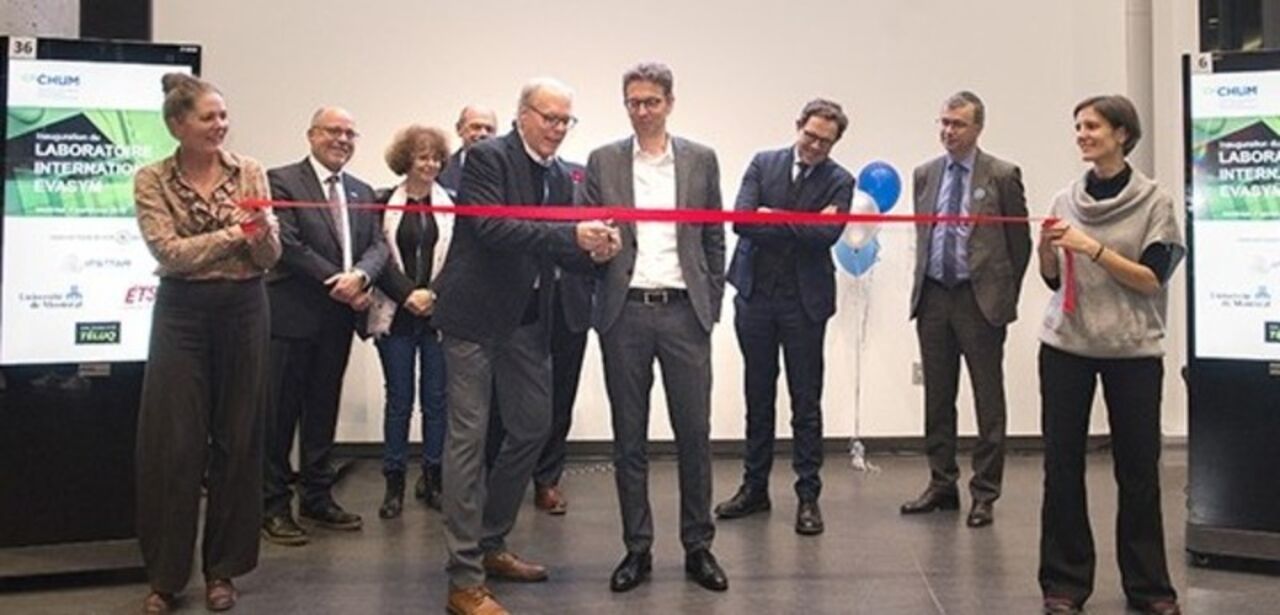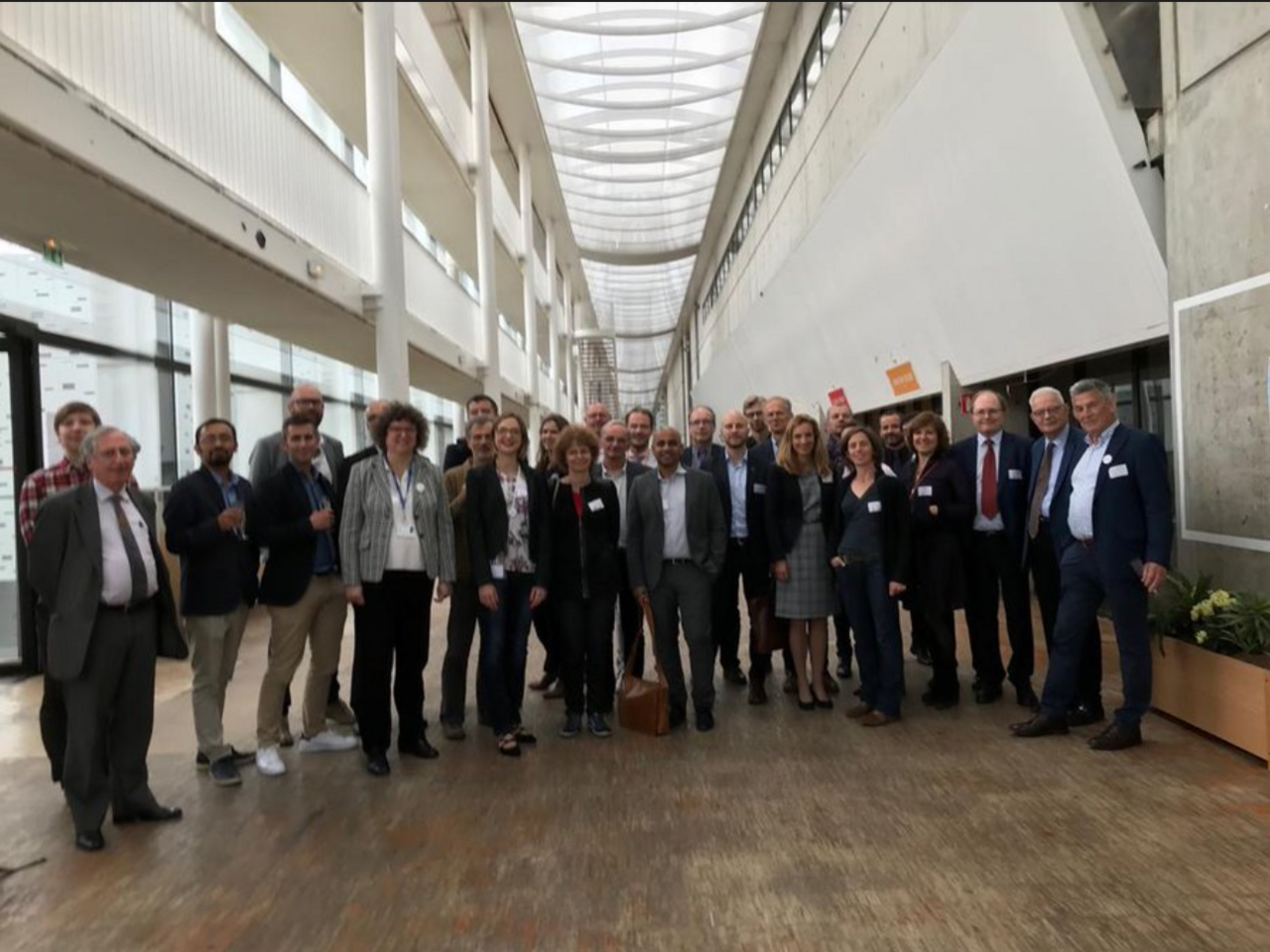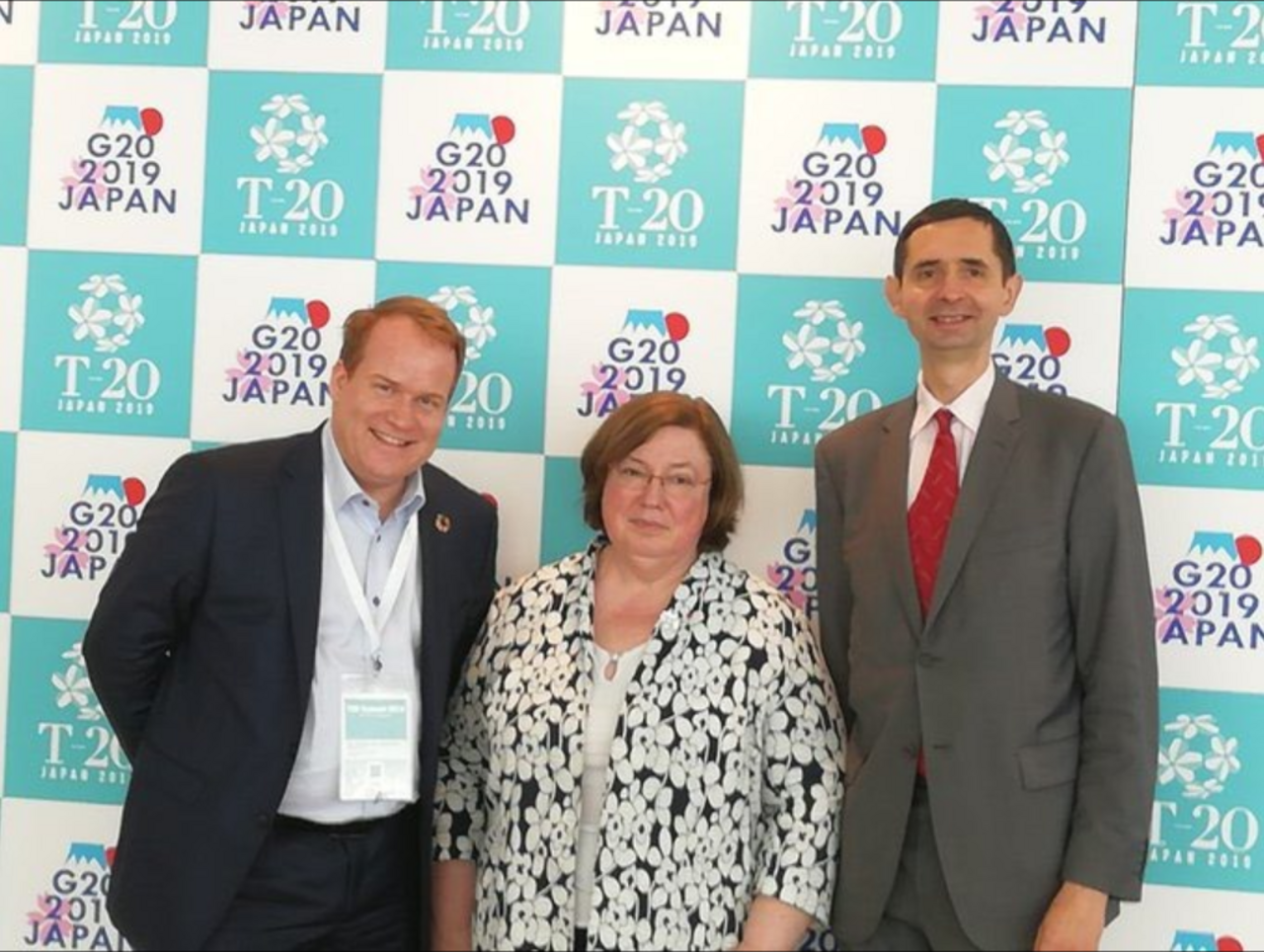The momentum of I-Site FUTURE was maintained in 2019 with the launch for the third consecutive year of a theme-based "Exploratory" call for projects. Much appreciated by the research units, this call is concerned with projects lasting one year, with funding of around €20k and a total budget of €100k, revolving around a specific topic and opening up prospects for further development. A call for expressions of interest for "Impulse" projects has been launched. This relates to a list of themes deemed to be missing from the I-Site's set of scientific challenges, as proposed by the Scientific Committee and the Advisory Board. Three new projects have already been selected and it should be possible to select three more if a fifth year of funding for the I-Site FUTURE is granted.
The "visiting professor" call for projects was relaunched in 2019. The aim is for this to attract 9 new high-level international researchers, for a novel format of visit which involves their presence for about 20% of their time over three years, making it possible to create effective international cooperation in the short term.
